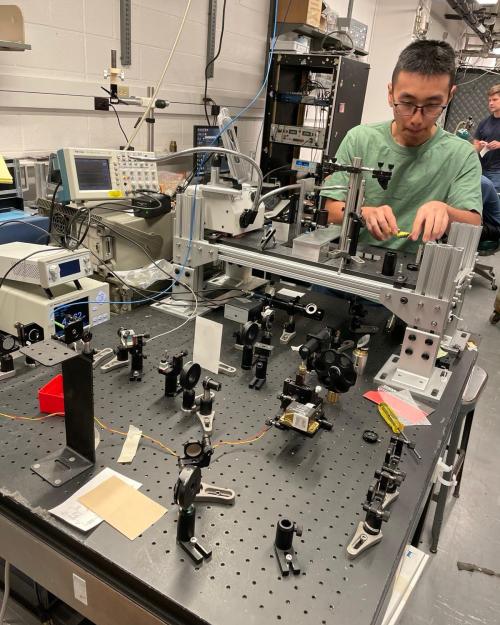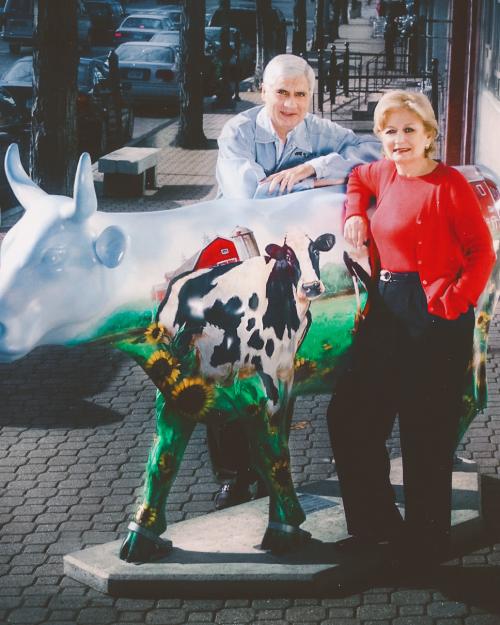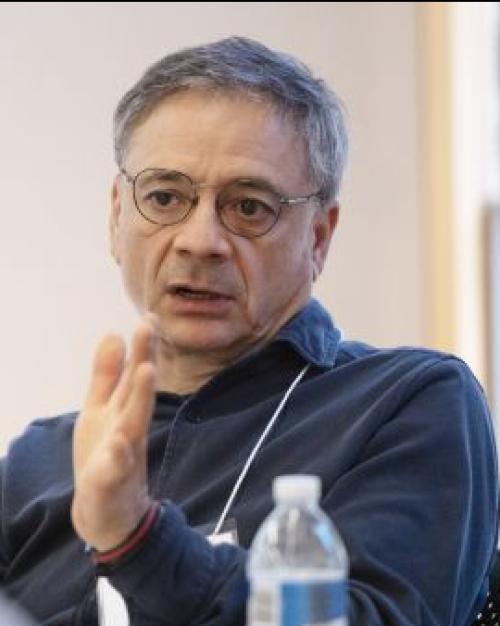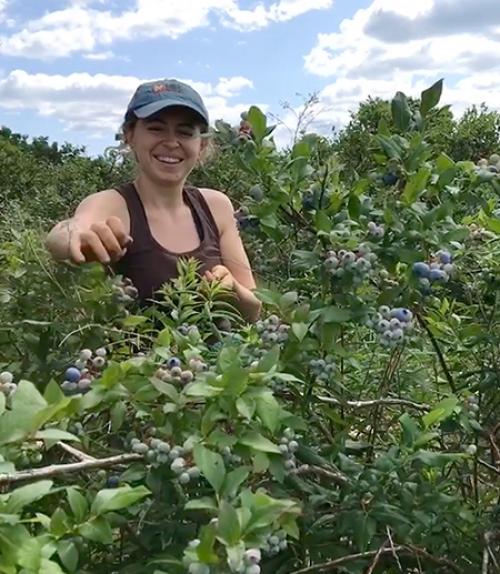Two undergraduate students and six graduate students will begin studies and projects June 2 as part of the first summer practicum in the Rural Humanities scholarly initiative, a project funded for four years by a million-dollar grant from The Andrew W. Mellon Foundation.
The summer practicum, initially planned to take place in-person in Ithaca, has moved to remote learning, but students will still be meeting virtually weekly to focus on questions of the rural as well as theories, methods and practices of public humanities and community-engaged scholarship. They are working with Ithaca-area partners to implement engaged projects focused on creating online archives of photos, texts, audio interviews, poetry, art and other materials.
“We’ve selected participants who have inspired us to think creatively,” said Shirley Samuels, professor of English, who will be teaching the six-week class with Anna Sims Bartel, an associate director of Cornell’s Office of Engagement Initiatives. “These students demonstrate commitments to rigorous humanistic scholarship that addresses issues of public concern and advances the understanding and well-being of our rural communities.”
The students have been awarded grants to cover their expenses for the summer, as well as to cover the costs of the projects, including contributions to community partners.
Students in the class embody the spirit of the initiative —they have strong interests in thinking about and actively engaging with rural communities and landscapes.
“My interests circulate around how food systems can intersect with the welfare of communities and the environment. So studying English has been my way to approach food systems from a humanities lens,” said Talia Isaacson ’21, a member of this summer’s class. “I think Cornell drew me in because it embodies a lot of the agrarian philosophy that I’m interested in. It’s a land grant university but it draws connections between what are usually the disparate worlds of agriculture and the humanities.”
This spring, Isaacson took the rural humanities seminar, a mix of theory and practice, where students started developing community projects. Isaacson formed the basis of her online agrarian library idea during the spring, but its scope has expanded.
She is creating a digital repository that will host a large variety of publicly-available books, guides and documents that fall under the umbrella of agrarianism.
“It will look backward to catalog the past, but also question the canonical idea of what it means for something to be agrarian and explore whose stories have been left out of the classic canon of American agrarian thoughts,” she said. “A large theme I’ve picked up is that agrarian literature largely relies on a sort of implicit land ownership. It doesn’t generally include the stories of those whose labor is being exploited, so scholars are trying to confront that oversight.”
Her project will also include present-day agrarian works, offer examples of how-to books and guidebooks related to agrarian life and consider the future. And she’s collaborating with other researchers — one working on an online library of Liberty Hyde Bailey’s works. The other piece of their project will be an online platform to connect people interested in the mission of small farms and sustainable agriculture and offer them resources.
Another summer practicum student, Alyosha Edlebi, a graduate student in English, will work on an art project called Emergences, which combines audio recordings, photos and text to explore how rural regions are interacting with the challenges of climate change.
Edlebi plans to conduct interviews with various people in Tompkins County, including staff at water treatment plants, biologists, amateur botanists and farmers. Even though he will be working remotely this summer, he’s still hoping to accomplish some of these interviews. But the photos he would have taken to accompany them will have to wait until he can return to Ithaca.
During their weekly meetings, students will present their projects to each other, think about possible future collaborations, and support each other as they explain challenges, Bartel said.
“Looking to the future, we anticipate there might be possible design projects for summer 2021 and beyond such as a map or other articulation of key partners in rural areas or a website/wiki exploring this concept of rural humanities and opening the dialogue more broadly,” Bartel said.




